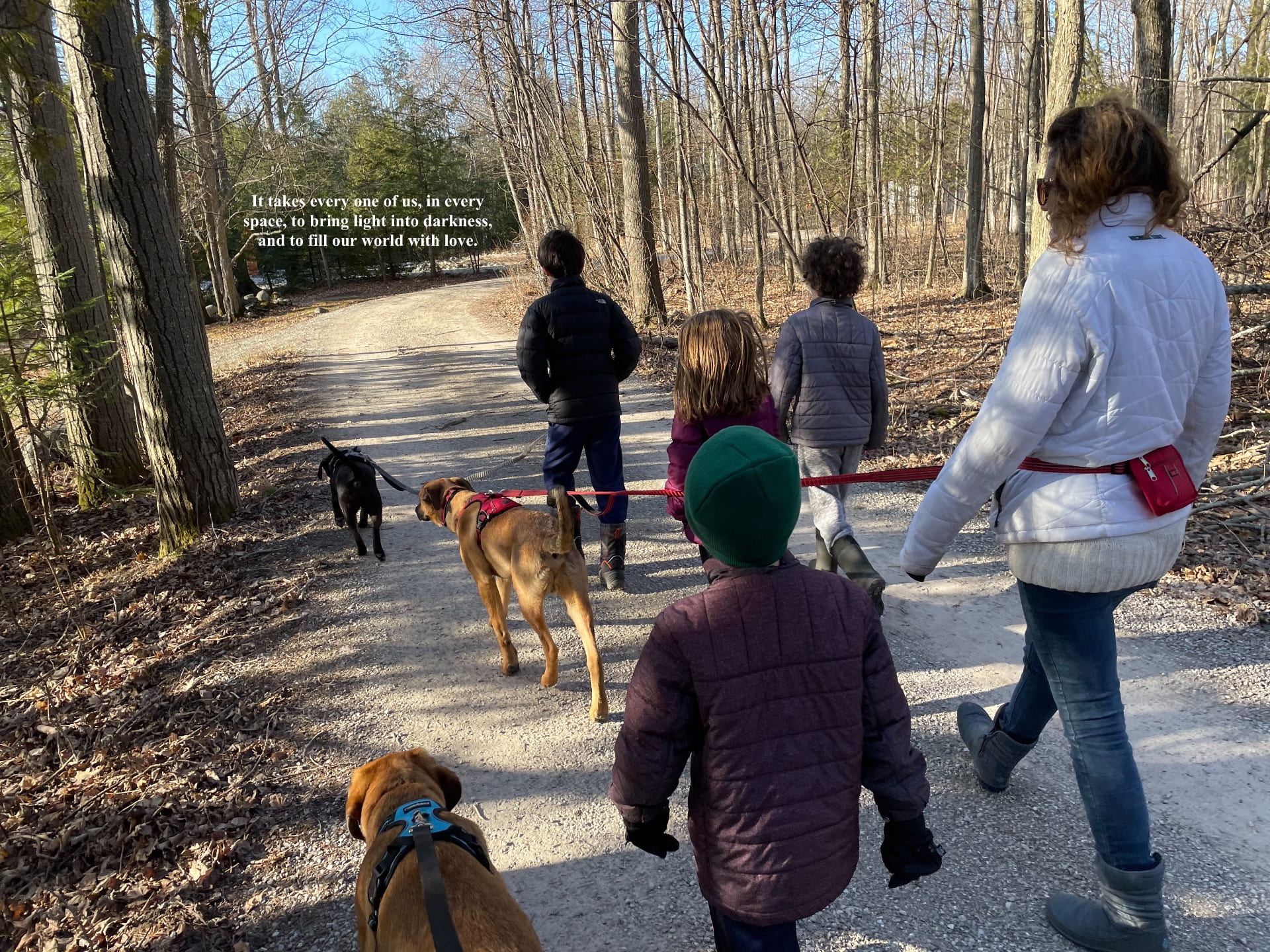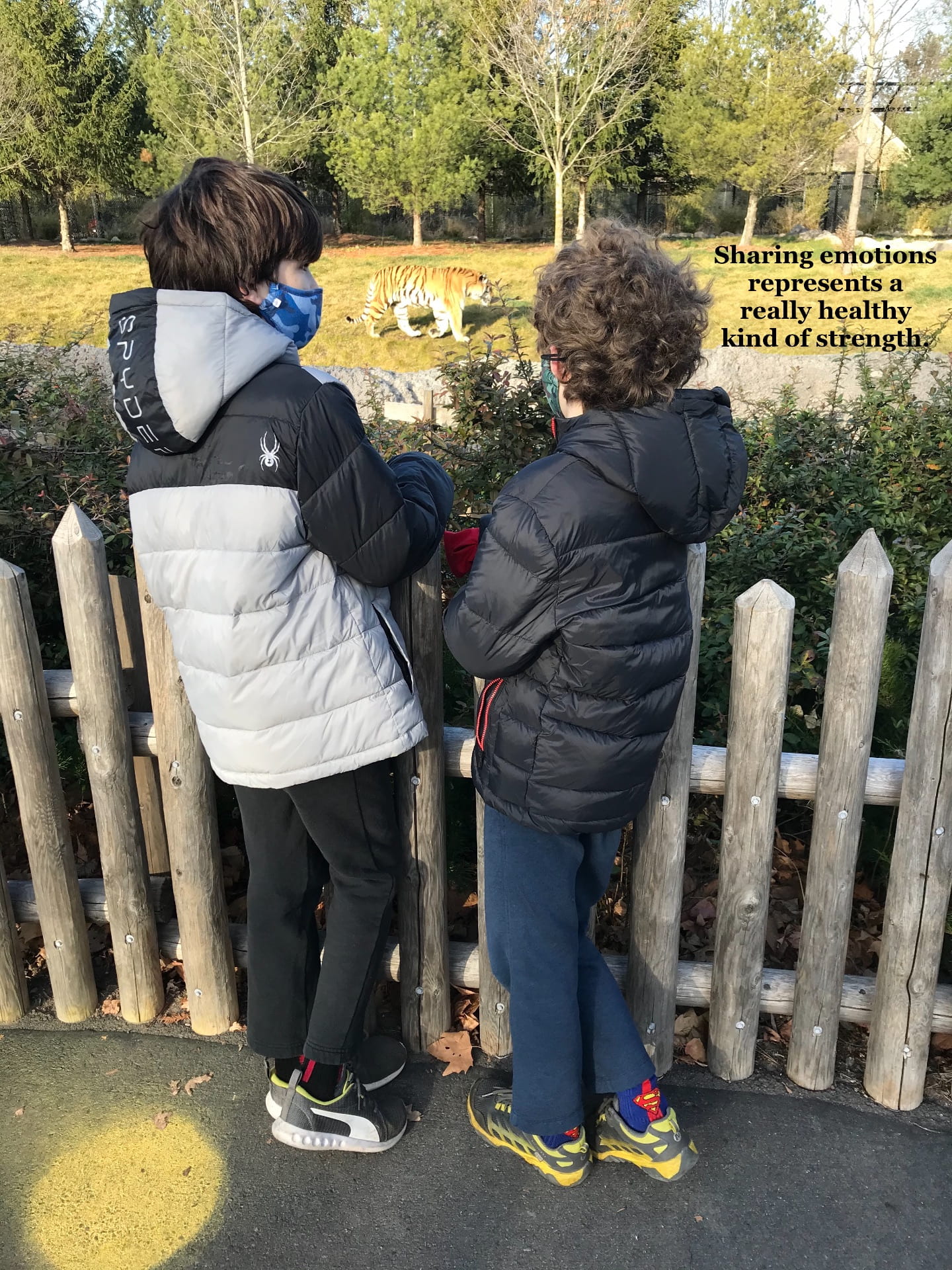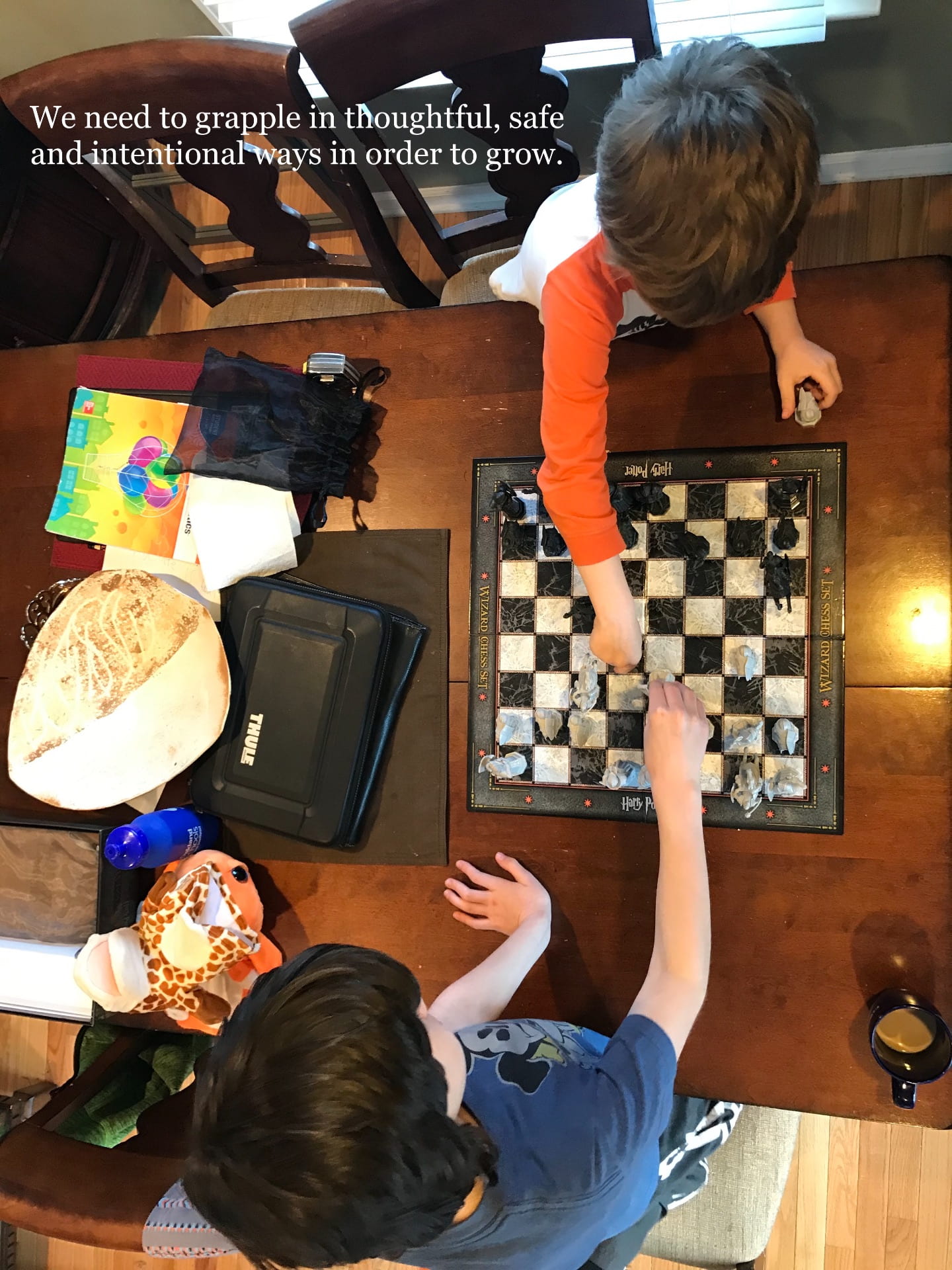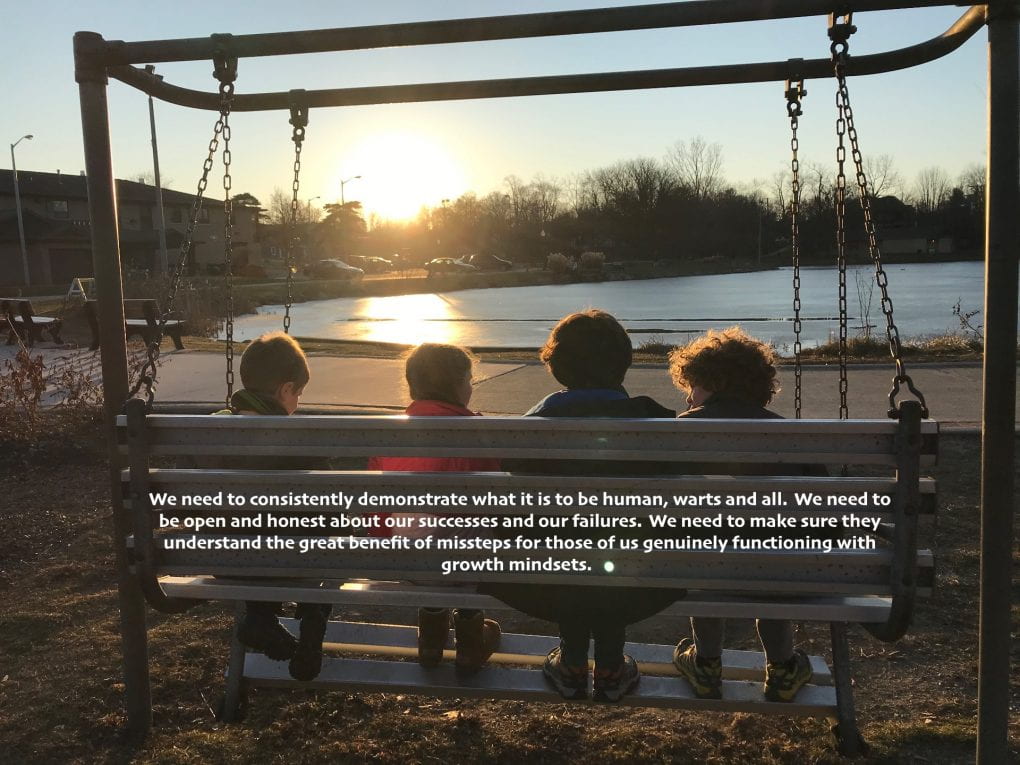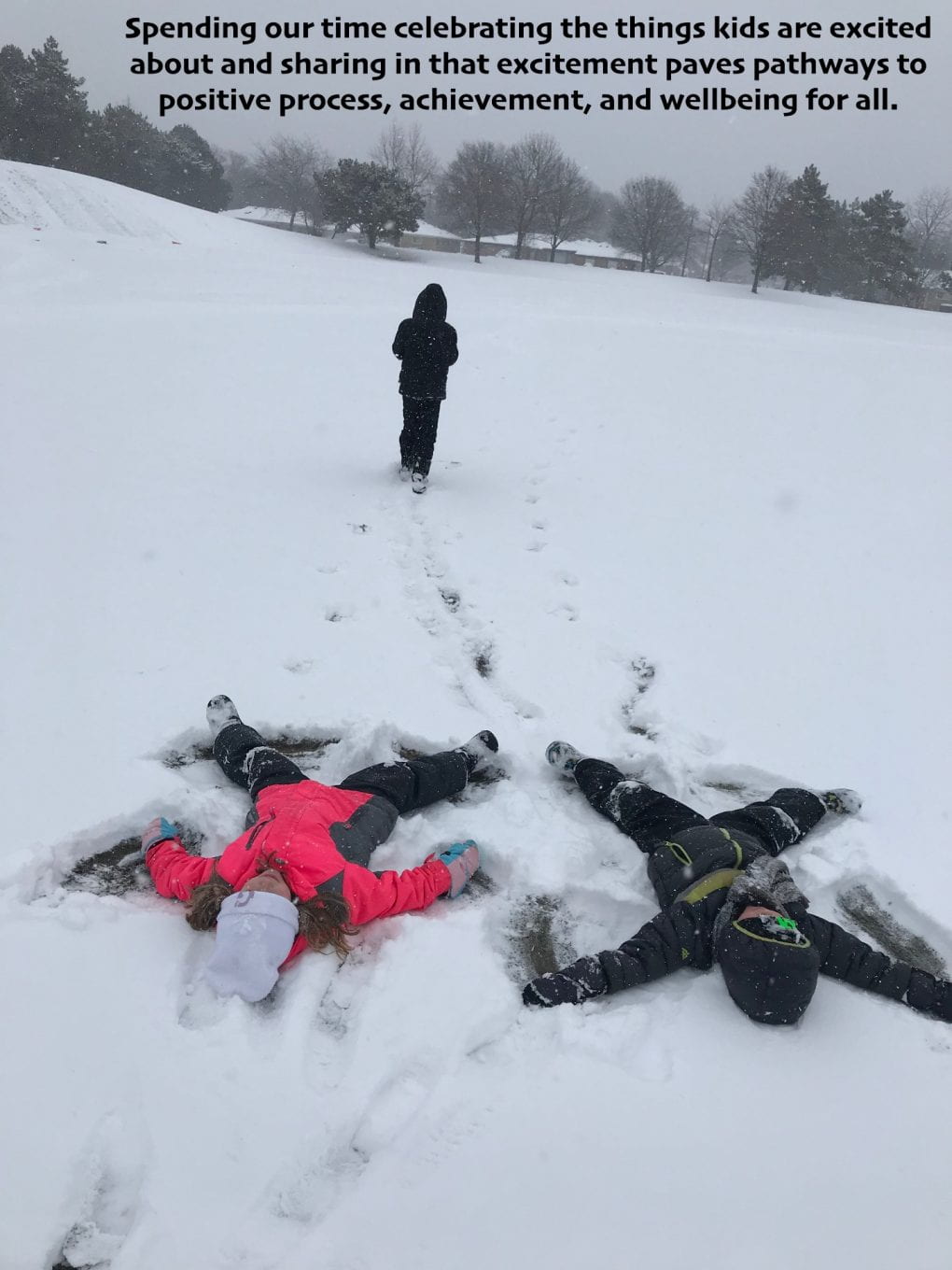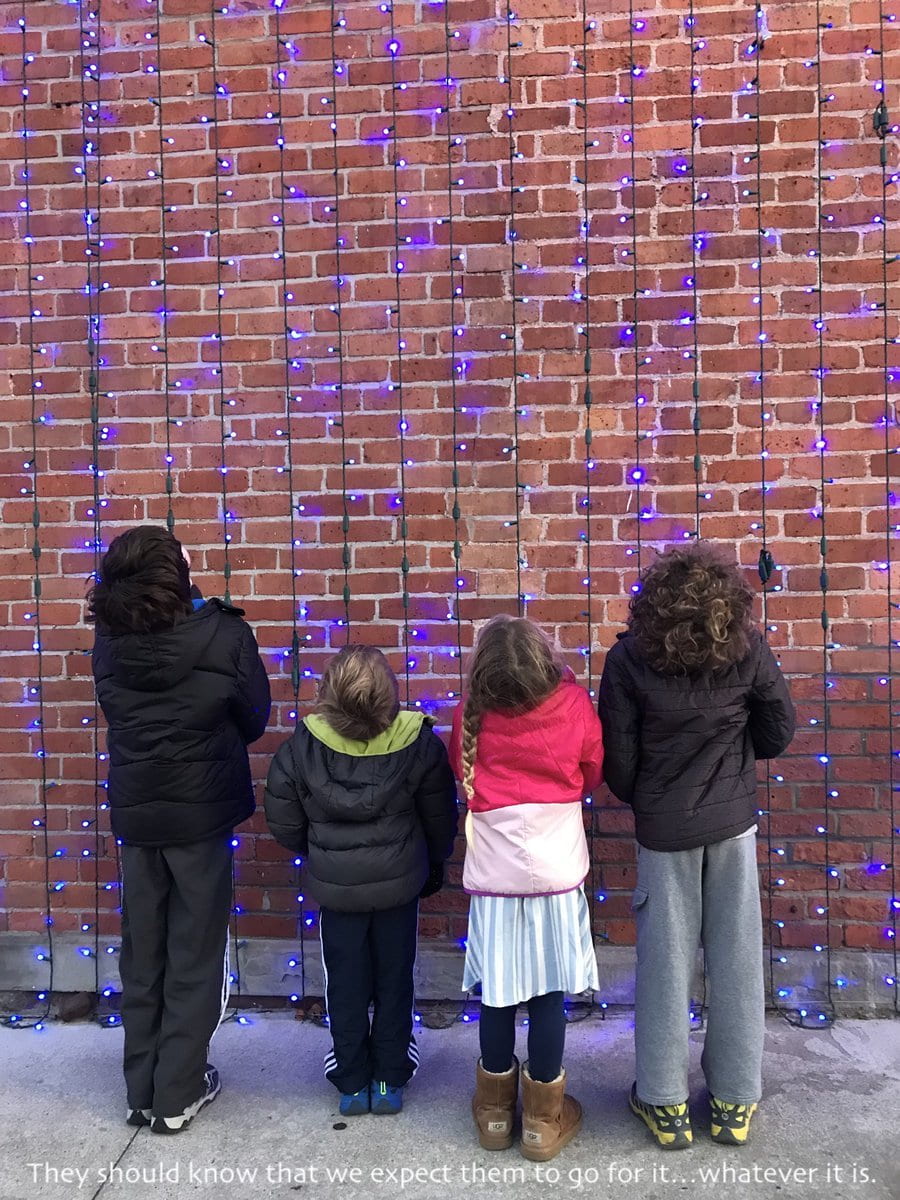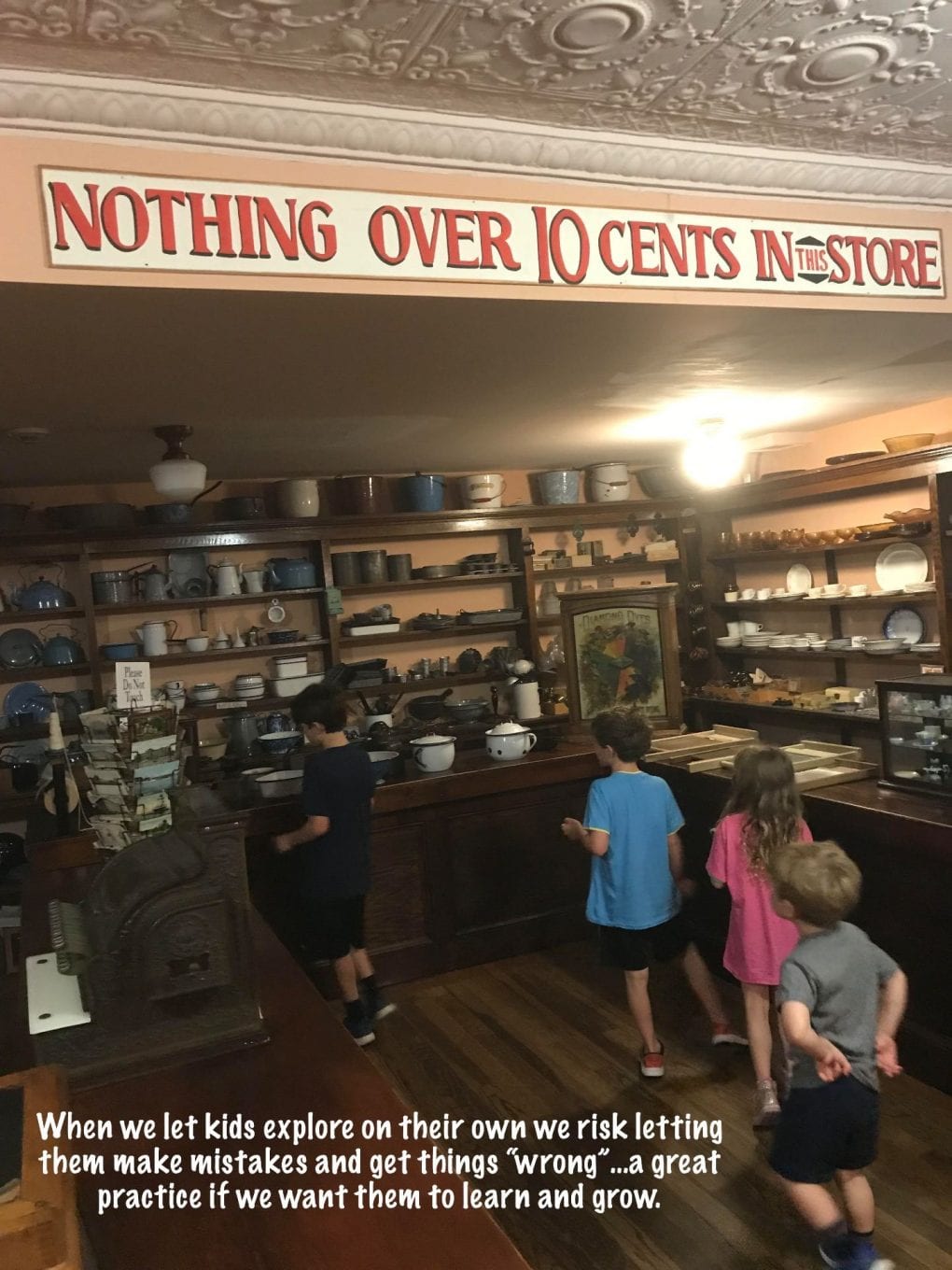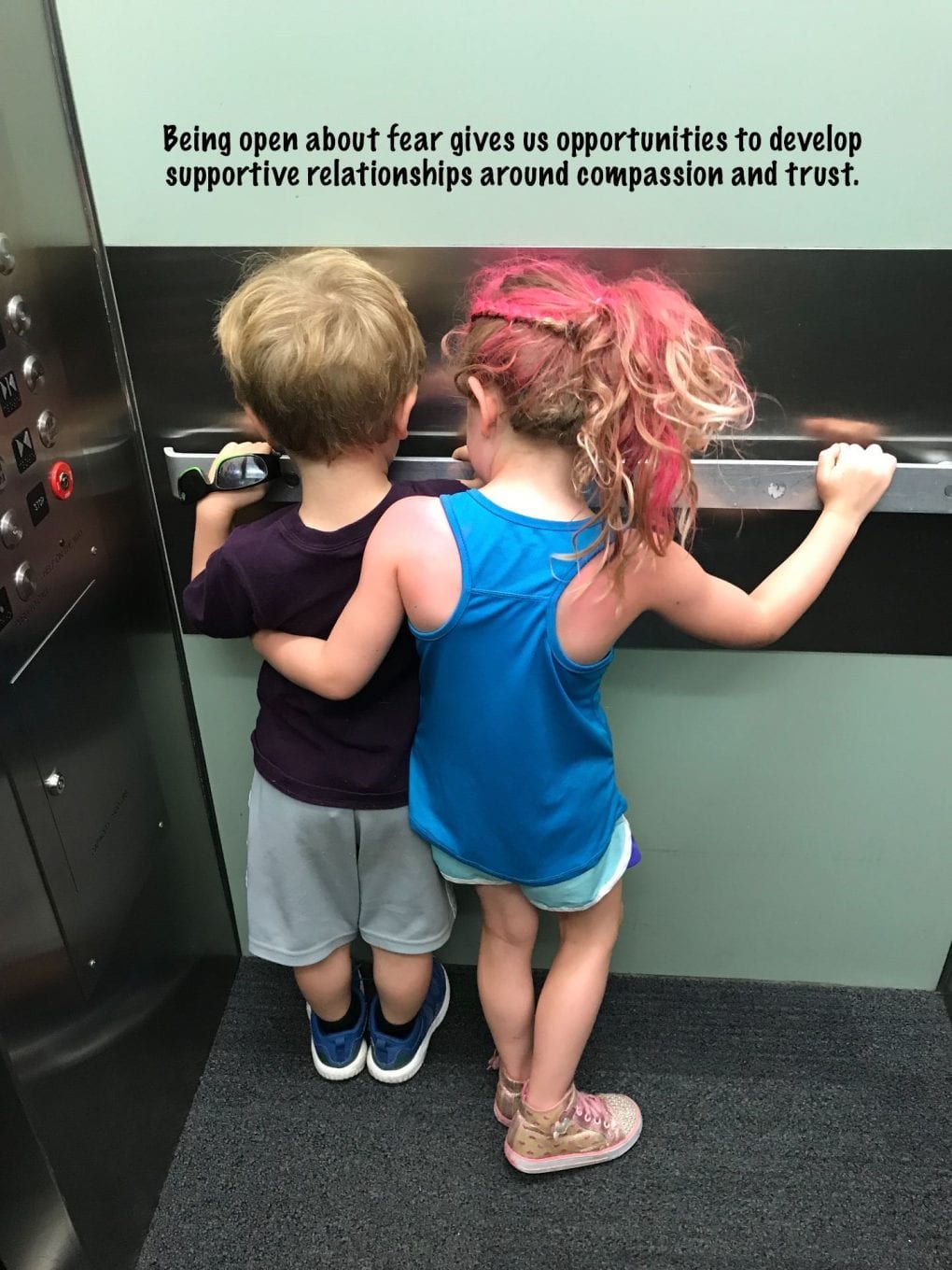Just a Random Person in The World
Our 6-year-old was asking me about Dr. King, as he frequently does. He asked me if he could watch the “I have a dream” speech. He watched, and listened intently, and then he turned to me and asked, “Daddy?”
“Yes?” I relied.
He said, “Daddy, Dr. King is special.”
I agreed.
He went on, “Daddy…because I’m white, I have…what is it called?”
“Privilege,” I reminded him.
“…and that’s not fair,” he quickly added.
“No, it’s not,” I agreed.
He contemplated that for a moment. He’s a thoughtful kid. He pointed to the statue of Buddha we have under one of the trees in our yard and said, “…and he was special, right?”
“He was,” I agreed.
“Why,” he asked.
“Well,” I told him, “he was a prince who gave up all his money and power to spend time teaching people to love one another, to live with peace and compassion, and to give to those in need.”
With a bit of a head nod, and slightly under his breath, he uttered, “Wow.”
“…and the president with the big hat?” He continued.
“Abraham Lincoln?” I asked.
“Ya.”
“What about him?”
“Was he special?”
“He was,” I said.
He shook his head in what looked like frustration, to me.
“What’s the matter?” I asked.
“I want to help people. I want to use my whiteness to help people,” He said. I believe he meant privilege.
“You can,” I told him.
“But I’m not special,” he informed me, “I’m just a random person in the world.”
What followed was a discussion about passion, drive, intention, faith and vision. I so deeply want to help him understand that he’s capable of whatever he puts his mind to, and that in fact, that’s part of what his privilege affords him. He will have opportunities to pursue his dreams that others won’t, and if he dreams of helping others gain privilege, he can focus his energy in that direction and achieve great things.
I want him to understand that we are each special, and that we don’t need an audience of millions or the presidential seal to effect change.
If his wish is to be an agent of kindness, compassion, and progress in this world, he can be just that…one person at time, by treating everyone he comes across in ways that lift and value them.
He may never receive accolades for his work in this area, but I want him to know that if he does the work, if he does it with and open heart and an open mind, accolades won’t matter, because he will be changing the world for the better with every step he takes.
All of us, even the great ones, are just random people in the world…and all of us, even those whose voices don’t stretch across vast distances, when we think and act in special ways…we are all special. It takes every one of us, in every space, to bring light into darkness, and to fill our world with love.
I’m proud of the kid. At 6-years-old, he’s already thinking about and living his dream (whether he knows it or not), and wow is he special!
In it together for the kids.
Live. Love. Listen. Learn. Lead. Thanks.
